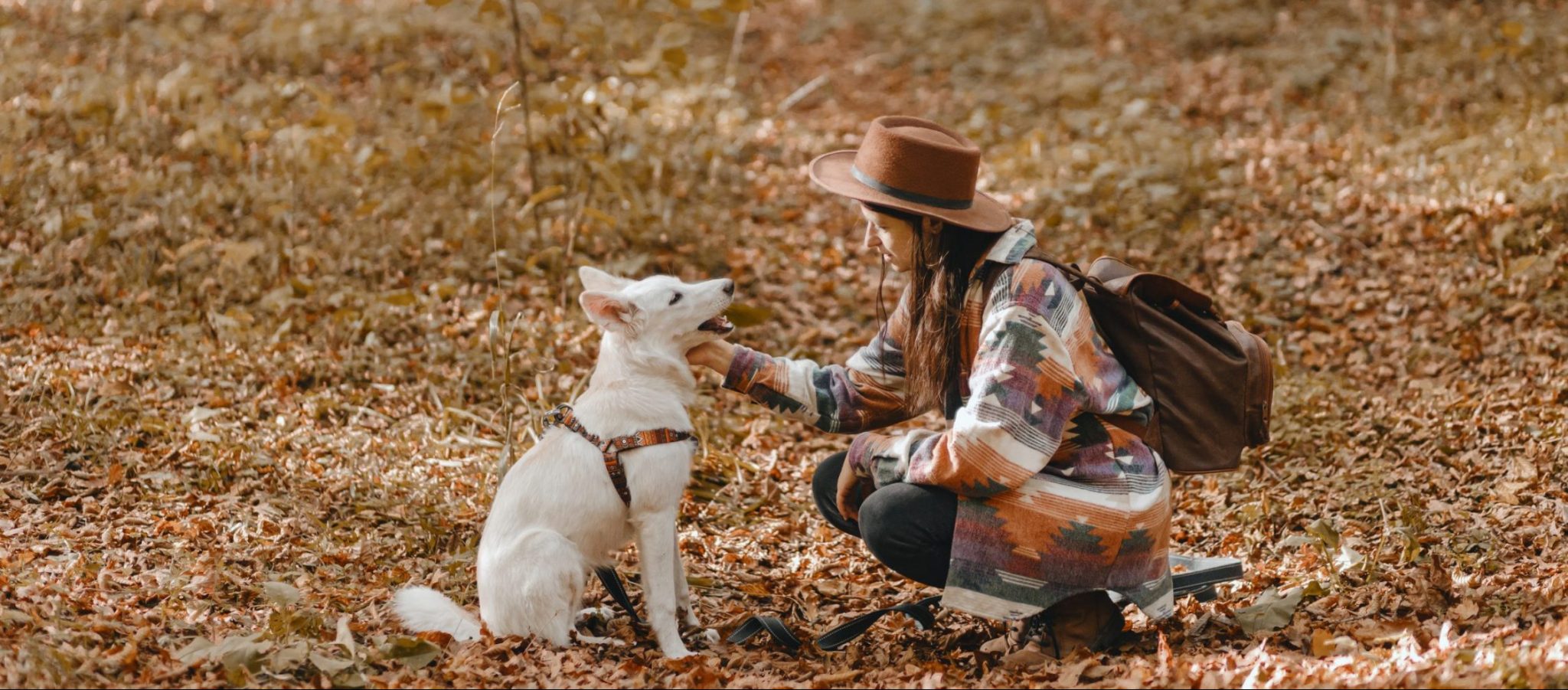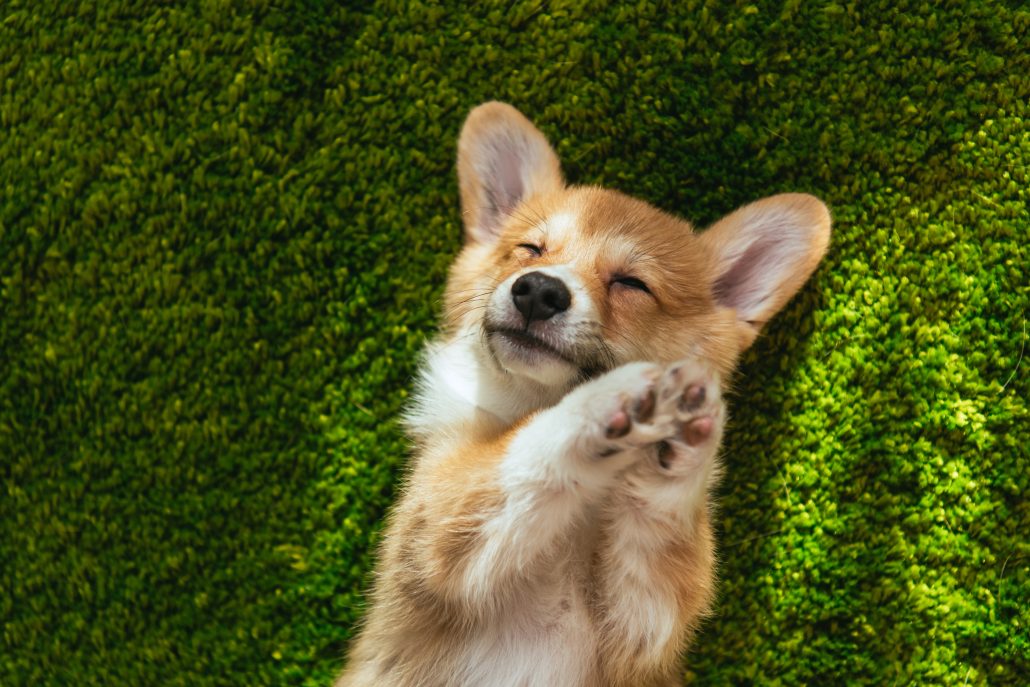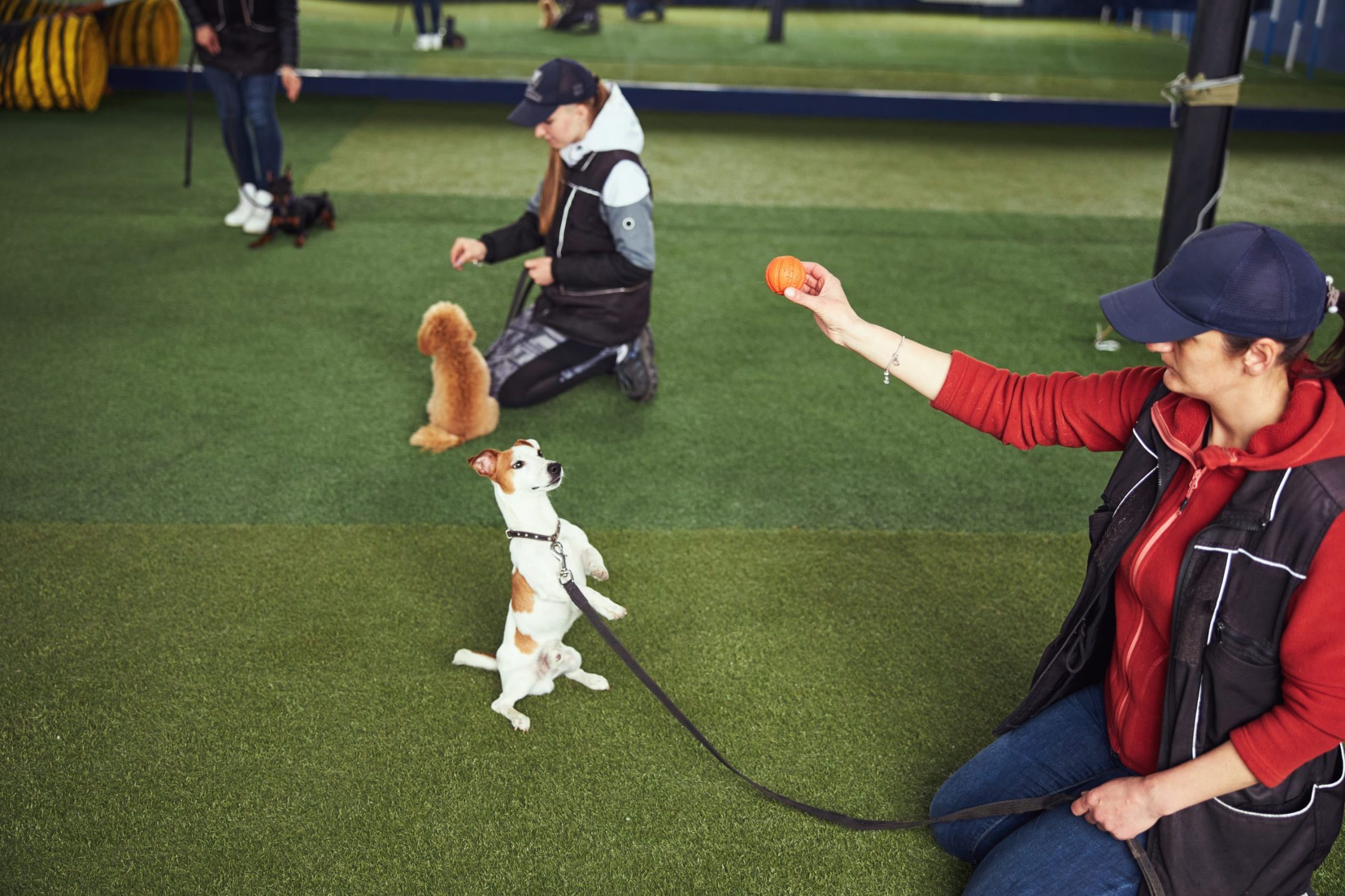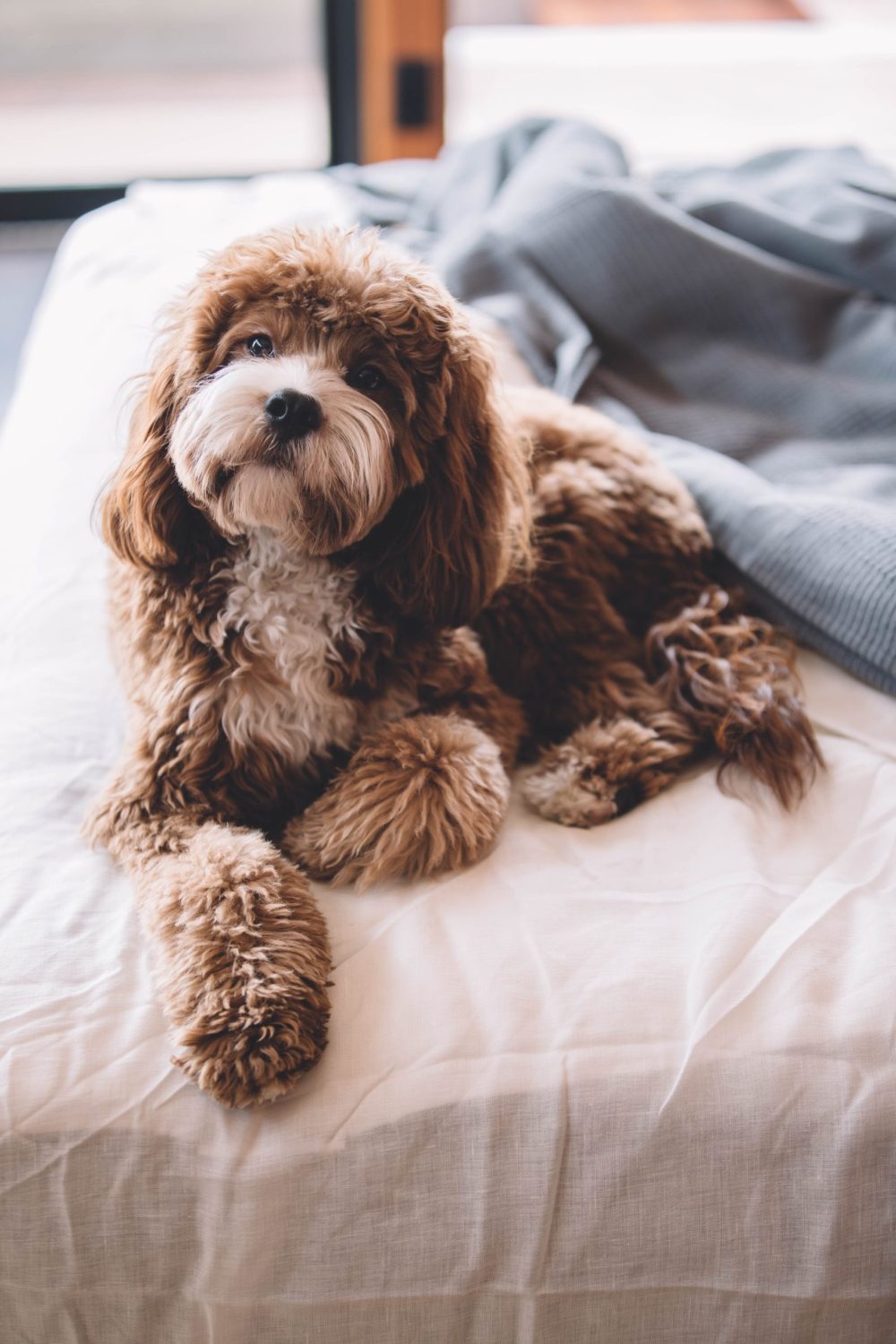Introducing a new puppy to your home is an exciting time. From zoomies in the garden to cuddles on the sofa, there’s so much fun to be had. But it’s also important to remember that this is also a critical period in their development.
Puppy socialisation is vital as it helps your furry friend to grow into a confident, well-rounded adult dog. In the first few months of their life, puppies learn the foundations of how to interact with other dogs and people, which will stay with them for the rest of their lives. By introducing them to lots of new things at a young age, you’re building up their bank of experiences which will better prepare them for unknown situations in the future.
Some dogs may need more help than others to socialise well, so it’s important to get professional advice from a qualified behaviourist if you’re struggling. In this post, we’ll share some top tips on socialising your puppy and introducing them to all that life has to offer.

Why Puppy Socialisation is Important
Socialising your puppy is about more than just making sure they’re good around other dogs and people.
It’s also about helping them to become accustomed to different environments, people, sounds, and smells – teaching them that the world is a safe place and that new experiences don’t have to be scary!
Puppyhood is a crucial time for learning. Puppies who lack experience with the world around them can grow up to be anxious or fearful, which can lead to serious behavioural problems.
Dogs that are well-socialised, on the other hand, are more confident and better equipped to deal with life’s challenges, making them happier and healthier pets in the long run.
This is accomplished by positively reinforcing new situations to puppies during accomplished by positively reinforcing new situations during their development period.
When Does Socialisation Need To Start?
It is important to start socialisation between three and 12 weeks of age. It is not recommended to take an unvaccinated puppy out and about, as they are highly susceptible to picking up diseases. However, you can start socialising your puppy at home by exposing them to a variety of different sights, sounds, and smells.
Once they are fully vaccinated, you can start taking them out to meet new people and other dogs. It’s important not to overdo it, though – puppies need plenty of time to rest and recover, so keep outings short and sweet at first!

What Can Affect Socialisation?
Every puppy is different. Some will be naturally confident and take to socialisation like a duck to water, while others may need a little more help. There are a number of factors that can influence your new companion’s confidence levels, including:
- Their genetics and breed type
- Their early life experiences (e.g. whether they were well socialised by their breeder)
- Their individual temperament
Tips For Socialising your puppy
There are different methods of puppy socialisation. From attending puppy classes to going for walks in the park, there are plenty of ways to help your furry friend become confident and well-rounded.
When socialising your puppy, it is important to be aware of its limits. Young dogs tire easily and can become overwhelmed, so it is important not to overdo it. It is also important to make sure that all experiences are positive and that your puppy feels safe at all times. Some top tips for socialising your puppy include:
Start at home
Get your puppy used to being handled by gently touching and handling them all over, including their paws, ears, and mouth. This will get them used to being touched and handled, which is important for grooming, vet visits, and other situations where they may need to be handled.
Getting your puppy used to different textures, smells and noises is also important for socialisation. This can be done by playing different sounds at a low volume, exposing them to different smells (e.g. using essential oils), and giving them different textures to explore (e.g. soft blankets, towels, etc.). By desensitising your puppy to different stimuli, you can help them to become more confident and less fearful.
Take Frequent Car Trips
If you plan on travelling with your pet, getting them used to car trips is important. Start by taking them on short car journeys and gradually increase the length of the trip as they get used to it. Remember to make the experience positive by offering treats and praise, and stopping if your puppy becomes overwhelmed.
Going On Walks
Daily walks are key for socialisation and desensitisation, as they provide opportunities for your puppy to meet new people and other dogs as well as experience new sights, smells and textures they otherwise would not experience home. From cars driving down the street to birds flying overhead, the world becomes a little bit less scary once you’ve taken a good walk!
When starting out, keep walks short and sweet so as not to tire your puppy out. As they become more confident, you can gradually increase the length of the walk. Be sure to keep your puppy on a short leash as this will help you to keep them under control and prevent them from running off and getting lost.
Take a Puppy Classes
Puppy classes are a great way to socialise your puppy as they provide an opportunity to meet other puppies and people in a controlled environment, while also teaching basic skills that will be useful for the rest of their life.
When choosing a puppy class, be sure to do your research to find a reputable instructor. Your vet will be able to provide recommendations on puppy classes in your local area.

Encourage with Treats and Snacks
Positive reinforcement is one of the best ways to socialise your puppy as it helps to create positive associations with the experiences and people they are meeting. Be sure to have plenty of treats on hand to give your puppy when they are behaving well, being brave and displaying behaviours you wish to encourage.
There are a variety of different types of treats available, so be sure to choose something that your puppy enjoys and is easy to eat on the go. Small, soft treats are often best as they can be eaten quickly and won’t make a mess.
Meeting strangers
When meeting strangers it is important to stay calm and relaxed. Many dogs take ques from your body language, so if you appear calm and relaxed, your pup is likely to do the same.
It is also important to let your dog approach people at their own pace. Forcing them to say hello to people before they are ready can be overwhelming and may cause them to become fearful or anxious. Avoid using food when introducing your puppy to strangers as this may teach them that all people carry food on them You want your puppy to approach people because they want to say hello politely, not to receive treats!
Meet Other Dogs and Puppies
Dogs come in a variety of shapes and sizes, making it important for them to meet a good mix of breeds to become comfortable around all types of dogs. If you have a friend with a well-behaved dog, arranging a play date is a great way for your puppy to socialise.
A puppy learns to interact appropriately with well-socialised adult dogs by spending time with them. They will learn important skills such as:
- How to approach and greet other dogs politely
- How to play nicely without getting too rough
- What is acceptable behaviour around other dogs
Puppy parks are another great place to socialise your puppy as they provide an opportunity to meet a variety of different dogs in one place. However, it is important to be cautious wand monitor your puppy carefully as not all dogs at the park will be well-behaved.
Visits to the Vet
Visits to the vet can be a scary experience for some puppies, so it is important to make sure they have plenty of positive experiences at the vet from an early age.
When taking your puppy to the vet, be sure to bring along some of their favourite treats to give them when they are being brave and well-behaved. The House Call Vet can also provide a number of veterinary services to make the experience less daunting for your puppy. our team are experienced with handling puppies and can provide a number of tips on how to make the experience less stressful for both you and your puppy.

Final Thoughts
Socialising your puppy is an important part of their development and helps to ensure they grow up to be confident well-rounded dogs.
There are a number of different ways you can socialise your new companion, so be sure to try out a few different activities to find what works best for you and your puppy.
If you need additional assistance, the team at The House Call Vet can help. Our team are friendly and experienced with handling puppies, and can provide a number of tips on socialisation and other important topics such as puppy vaccination and emergency care. Contact us today to book an appointment!

